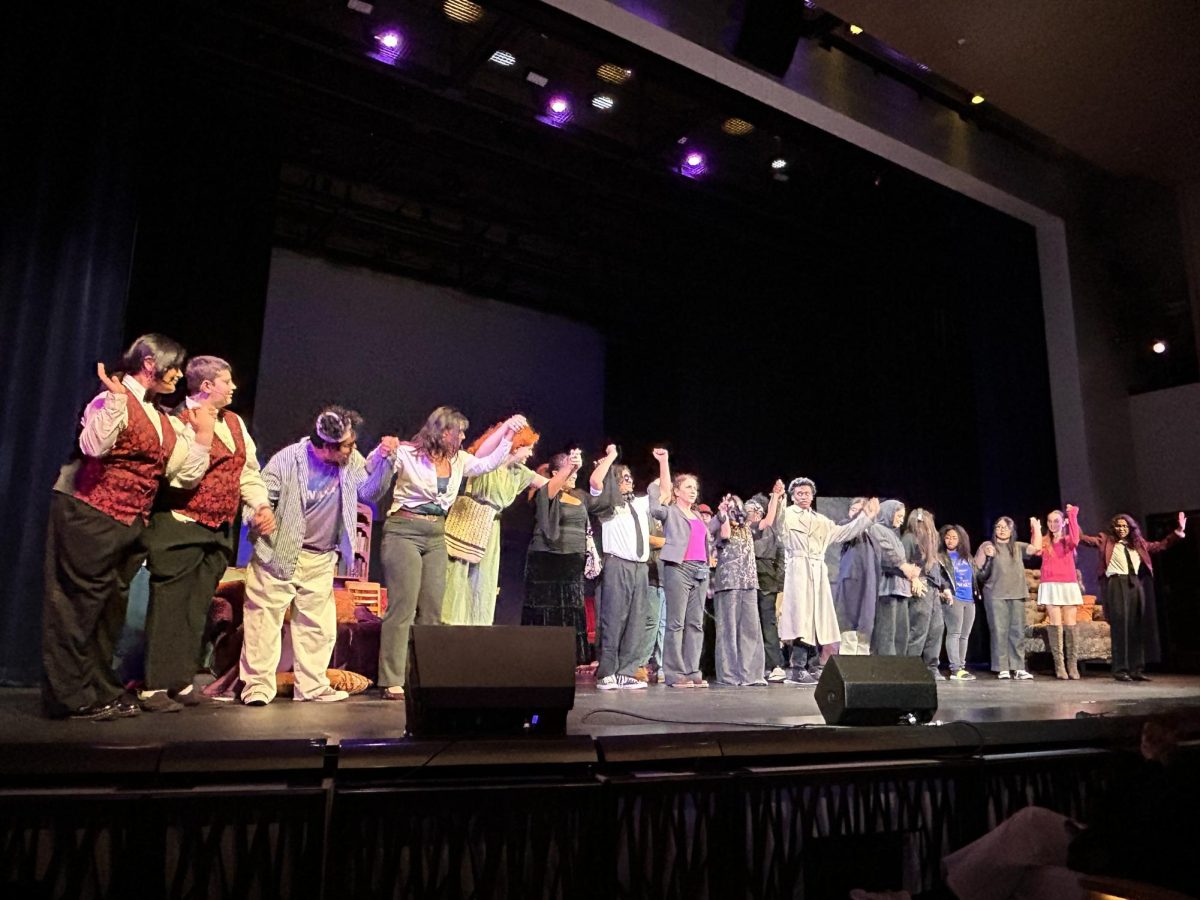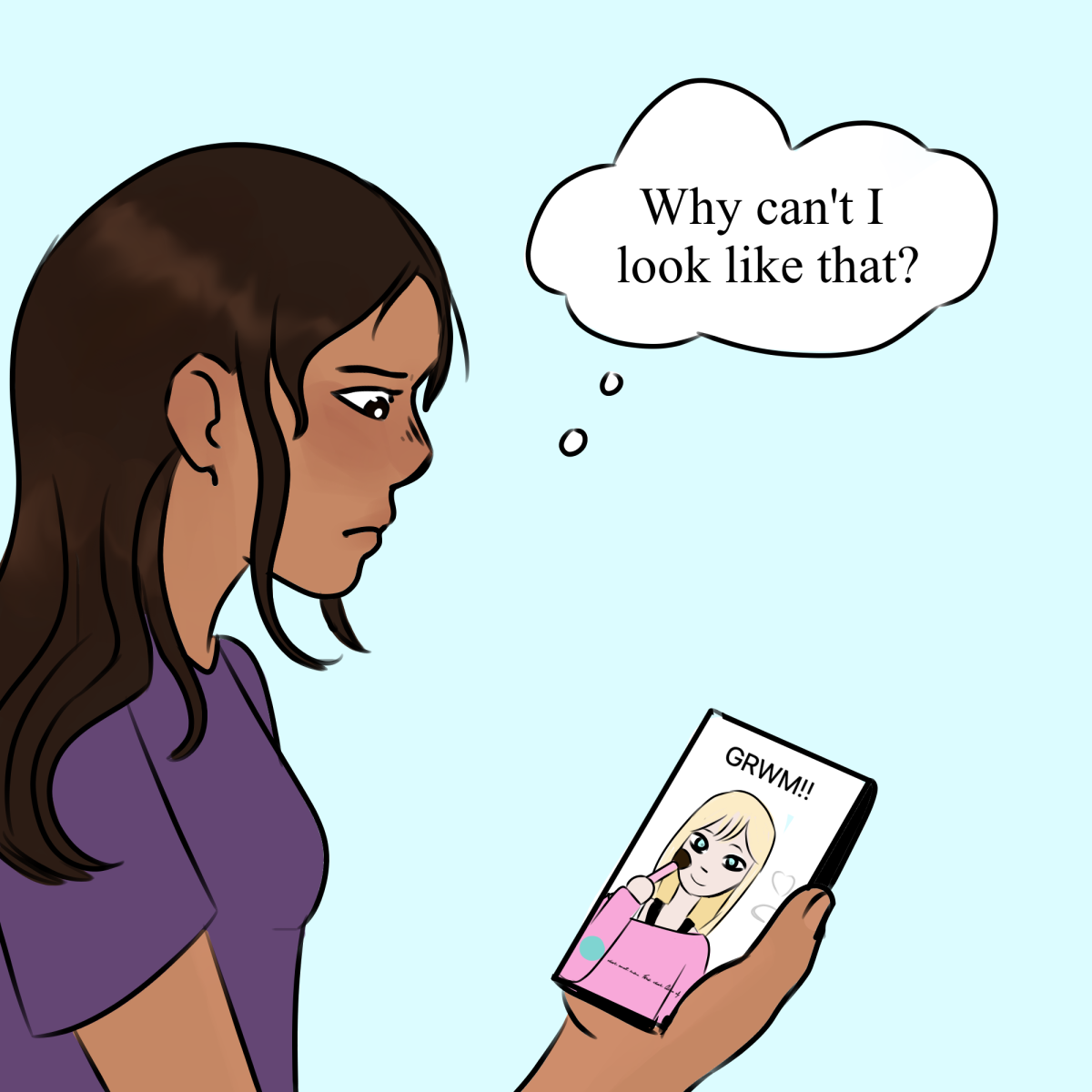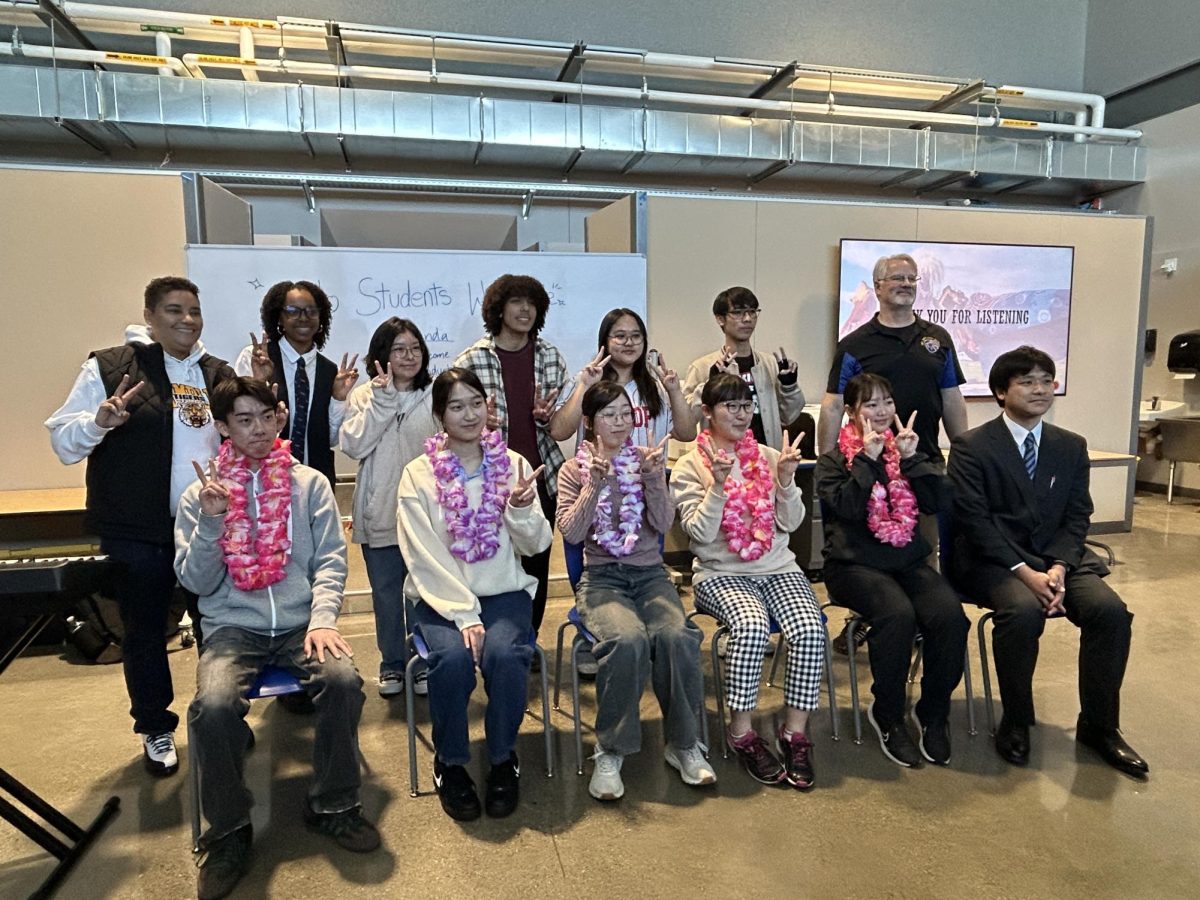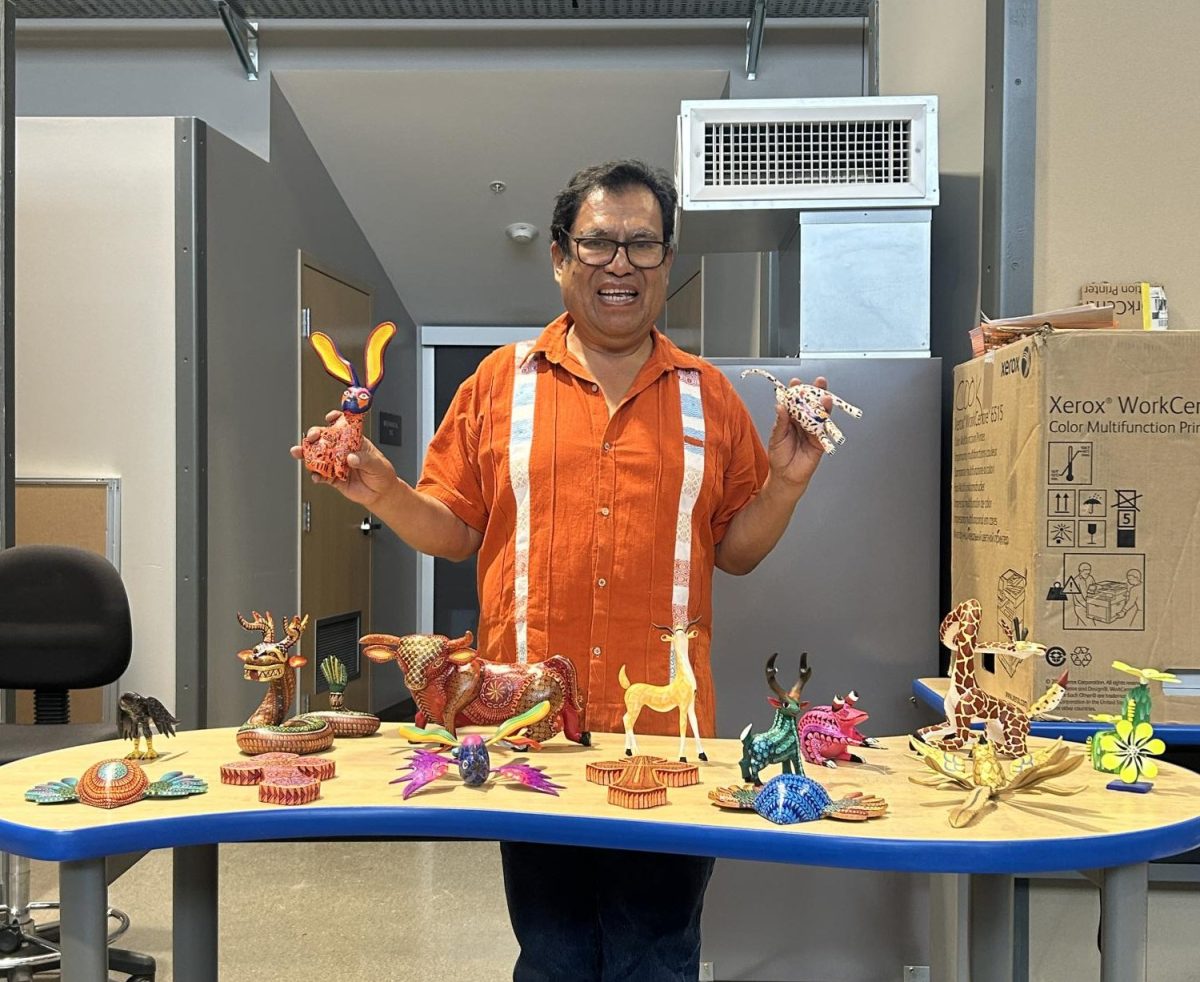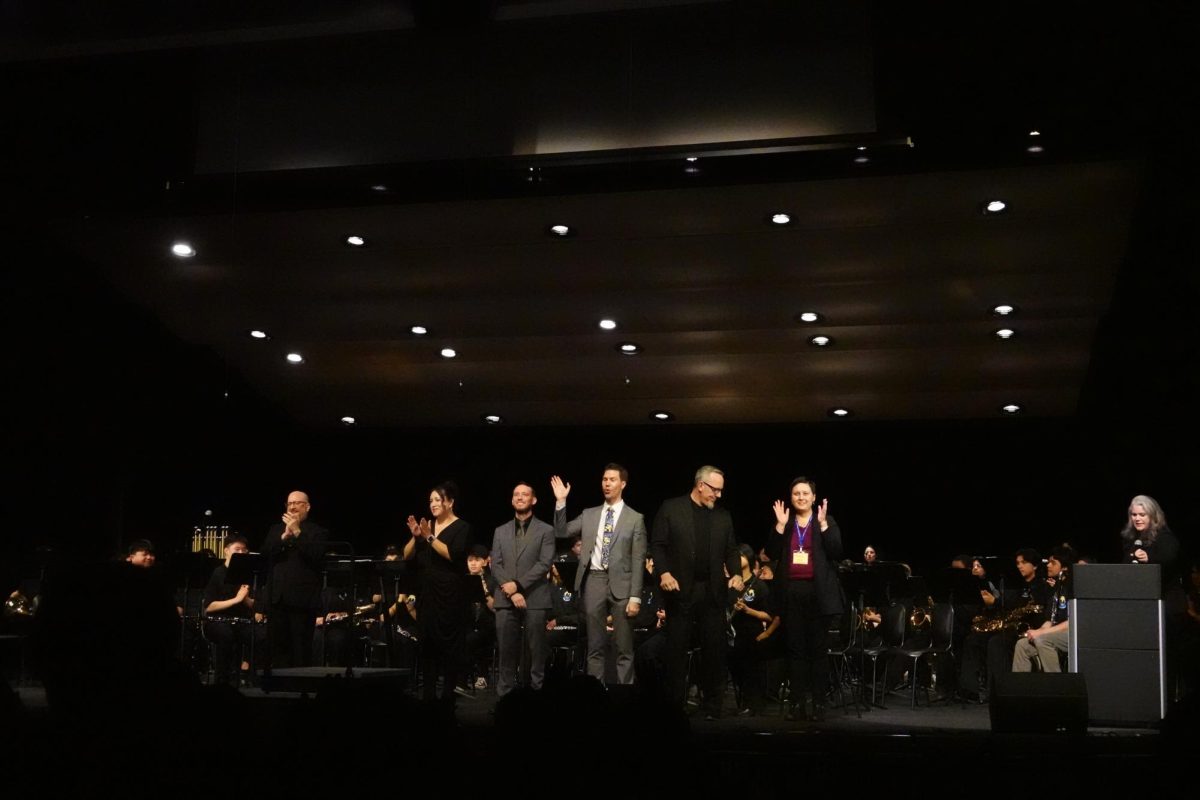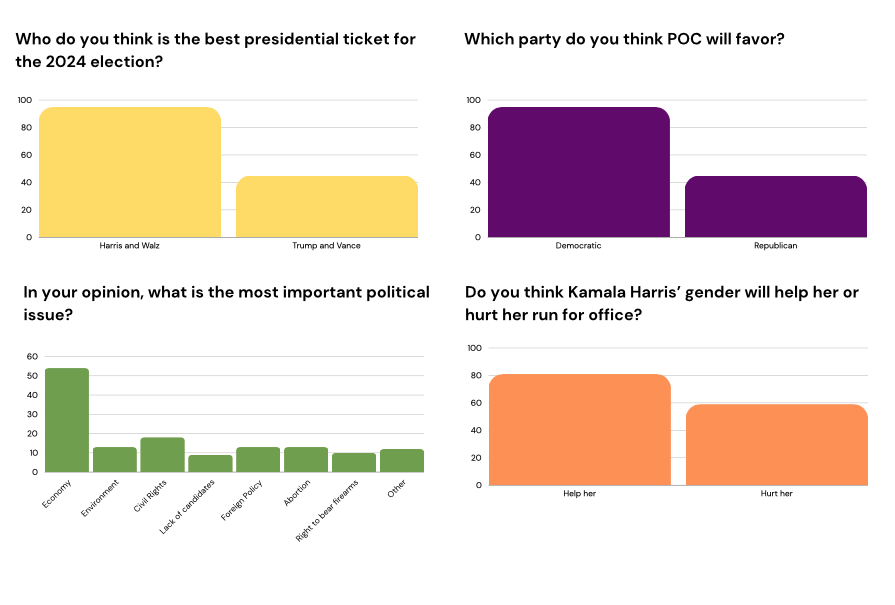In October 2021, Governor of California, Gavin Newsom, signed Assembly Bill 101 which requires high school students to take at least one semester of ethnic studies in order to graduate, starting with the class of 2030. California is the first state to require ethnic studies in high school. Ethnic studies is a course covering the history, cultures, and experiences of minority groups—African American, Native American, Latine American, Asian American, and the LGBTQ+ community—within the United States.
This has been done to educate students who may not know much about racially oppressed groups. The goal is to empower students to advocate for change regarding systematic oppression.
Most schools will be following the semester-long requirement the government mandates. Freshmen would take one semester of health and then one semester of ethnic studies. It is organized so students will not have to worry about taking the course in the future.
However, the Hayward Unified School District will require students to take a year-long Ethnic Studies course to get a high school diploma. Graduates of the class of 2026, this year’s sophomores, will be the first required to take the course. The class will be incorporated into U.S. History and renamed: U.S. History and Ethnic Studies. There will also be a year-long course of just ethnic studies offered for APUSH students—since the course will not yet be incorporated into the AP class—or any junior/senior who wants to take the class for any other reason.
Tahkeemah Norwood, Mt. Eden Ethnic Studies Coordinator, said that incorporating ethnic studies in U.S. History would change a simple lesson like the telling of the Civil War or Revolutionary War from a colonizer’s perspective to a minority’s perspective. Current U.S. History teachers in HUSD will have to participate in training in order to teach the class.
Some states, like Arizona, have even gone as far as trying to ban the course from schools. Many argue it is inherently racist and discriminatory, and therefore, unconstitutional. It is found that students are more likely to enjoy a class when their racial backgrounds are discussed. Educating students about minority groups will build up a generation of adults who would hopefully speak up against discrimination, a contrast of what many adults in prior years were too afraid to do.






